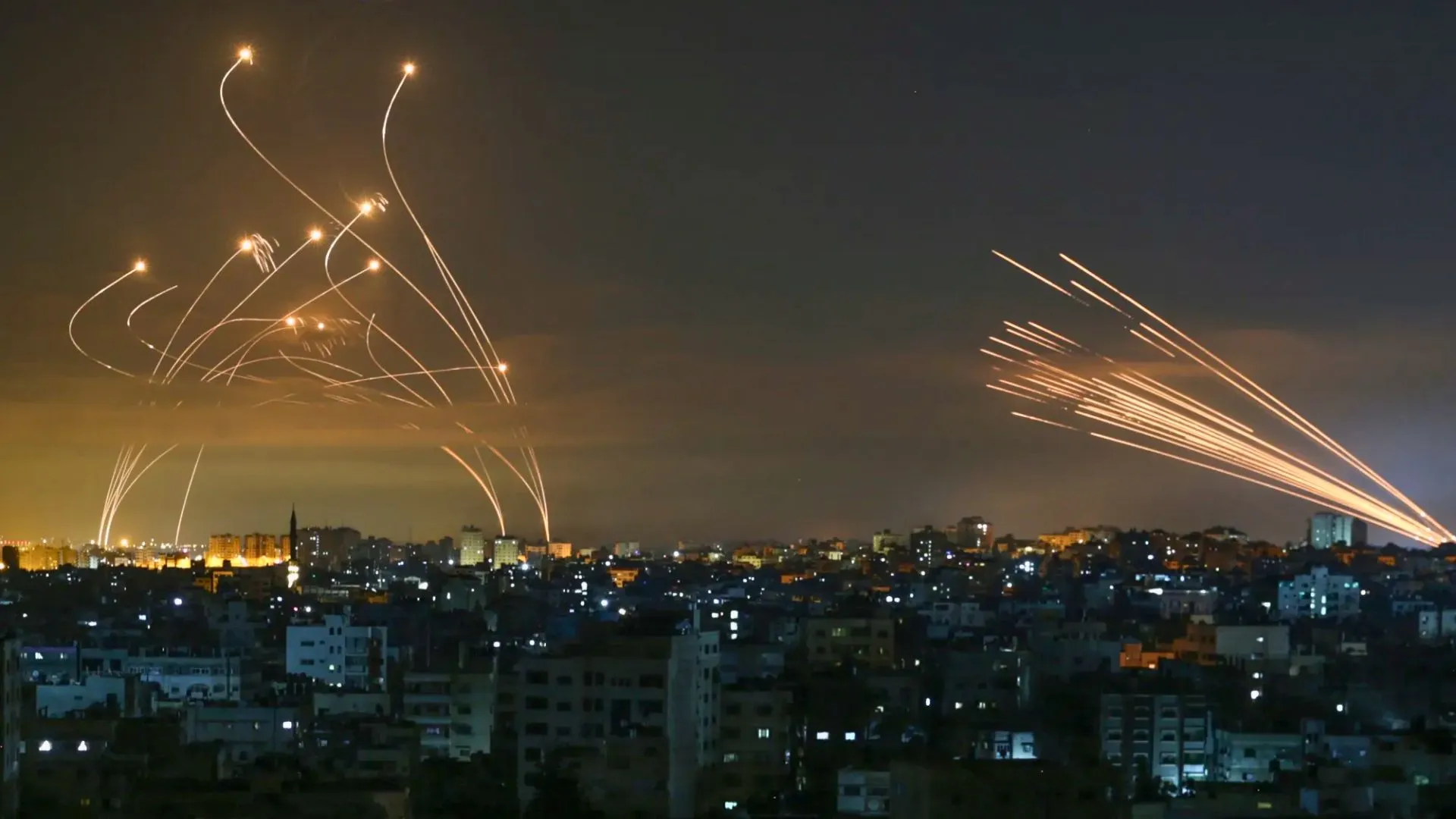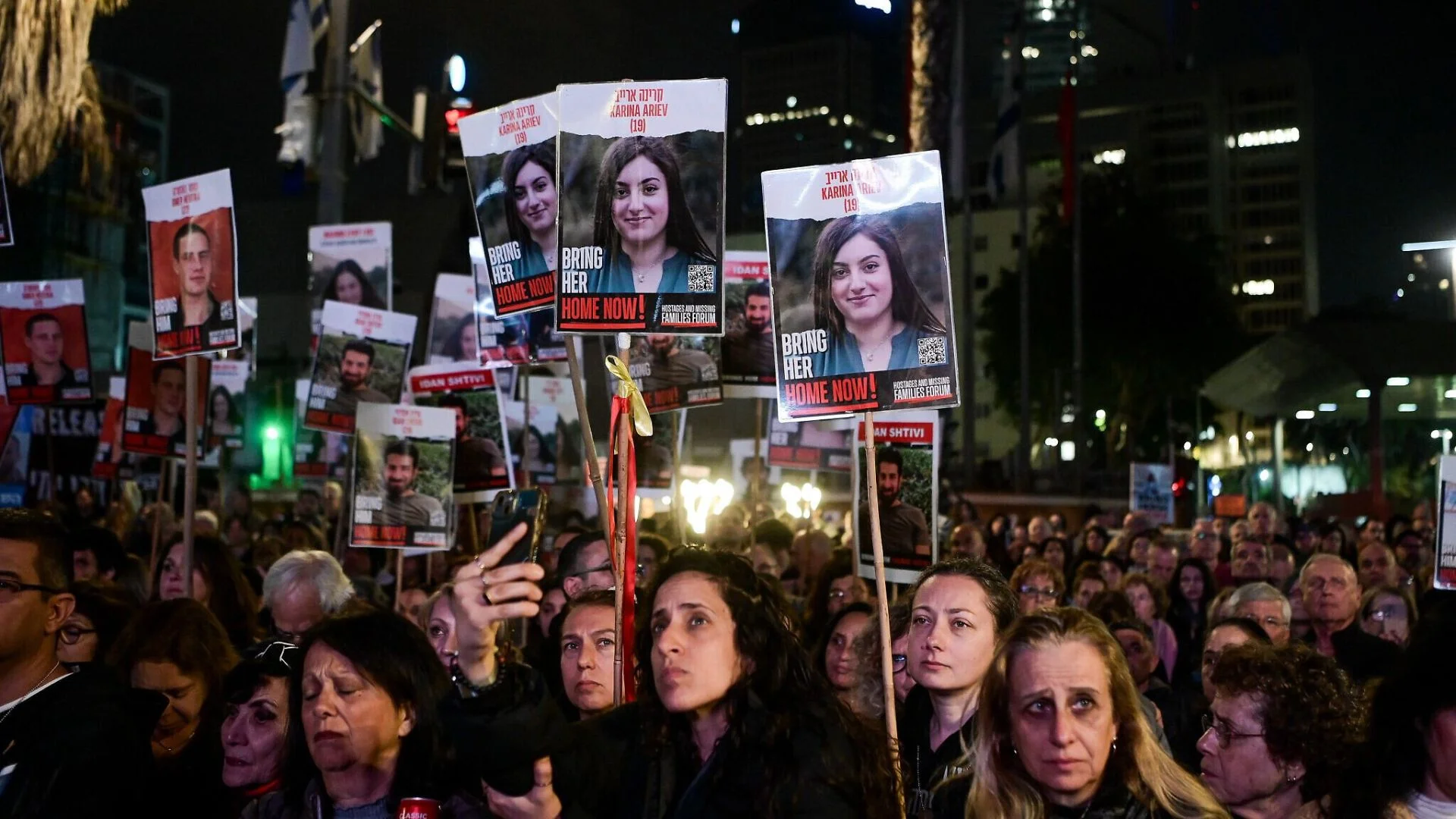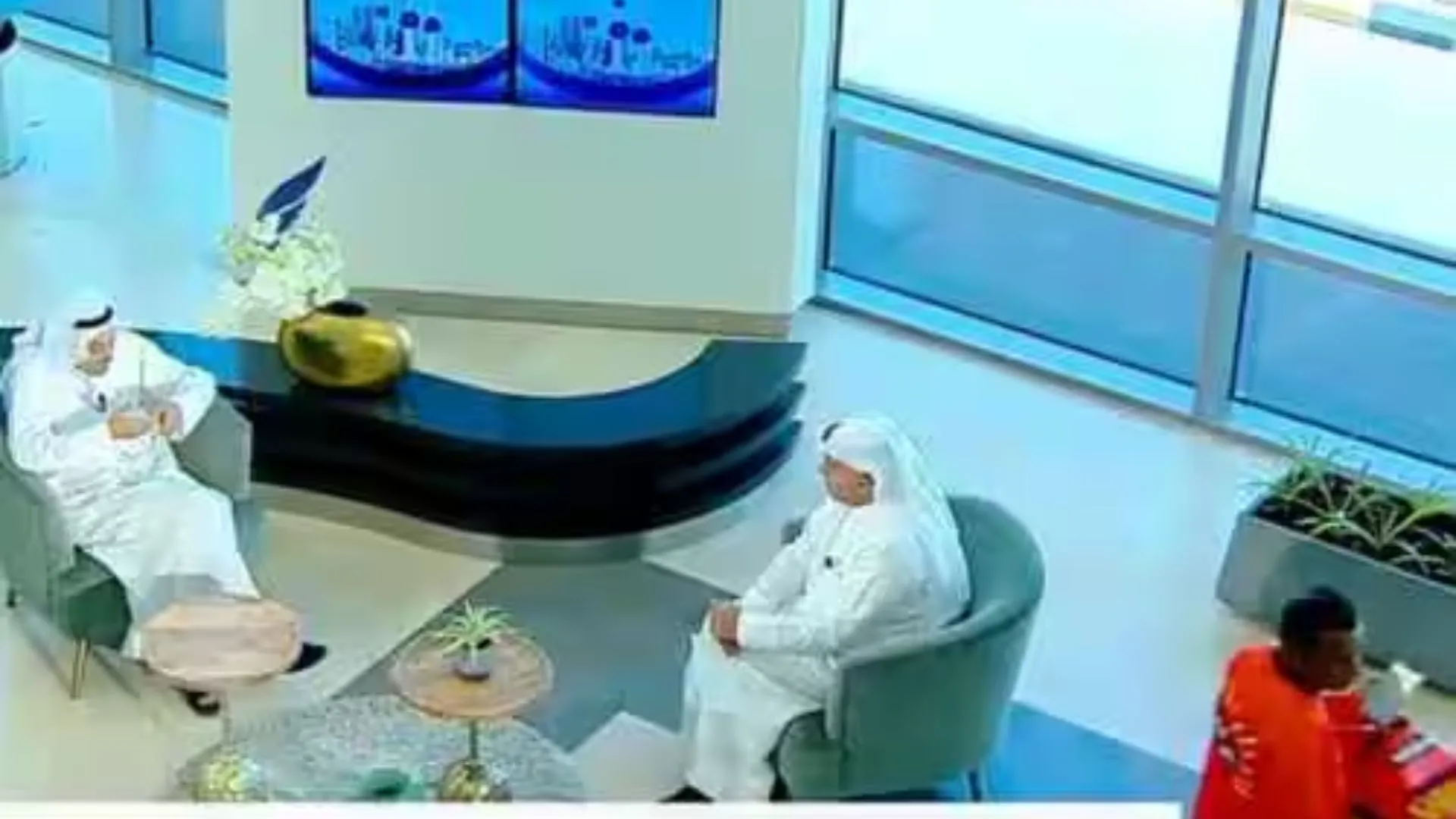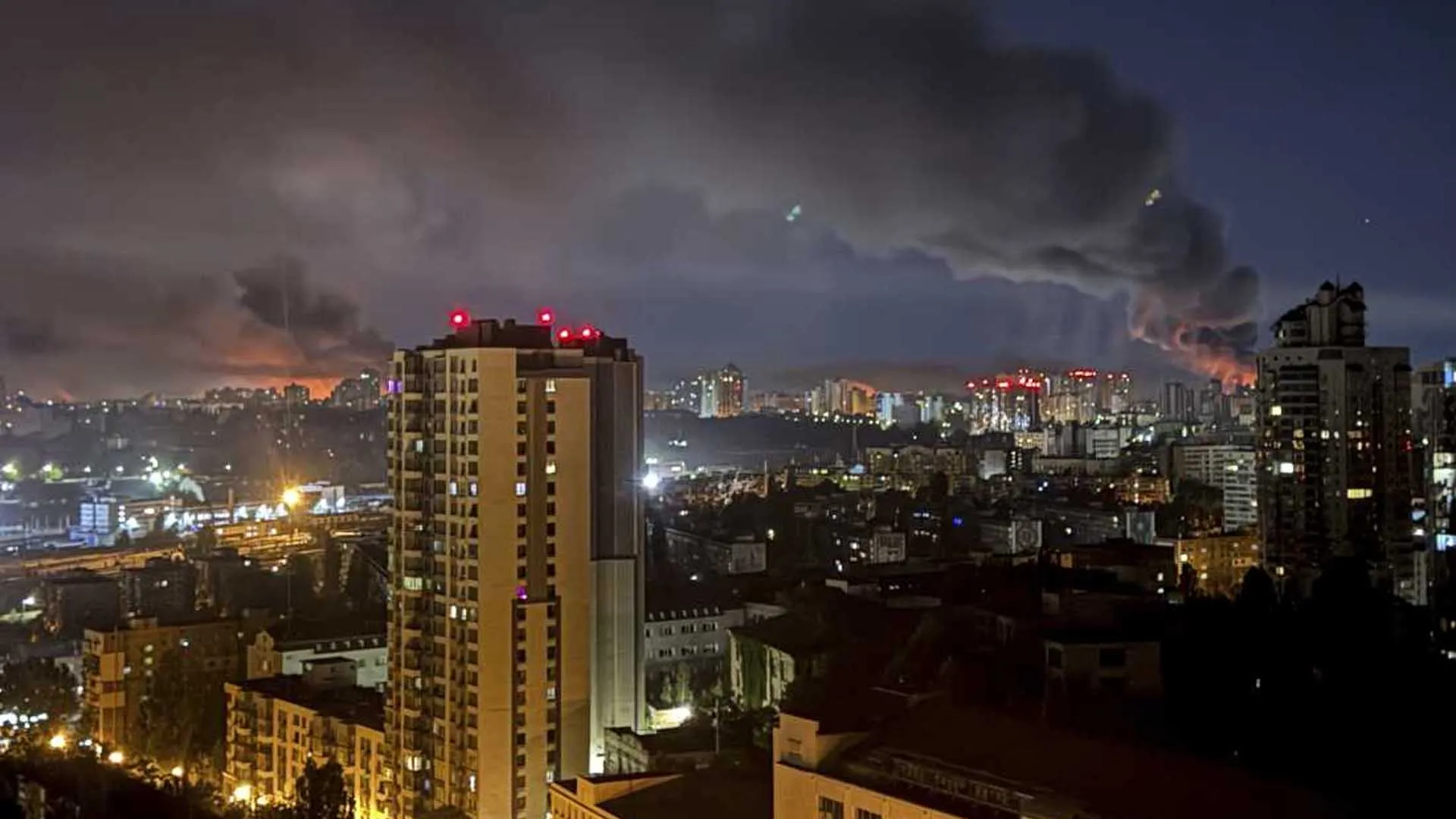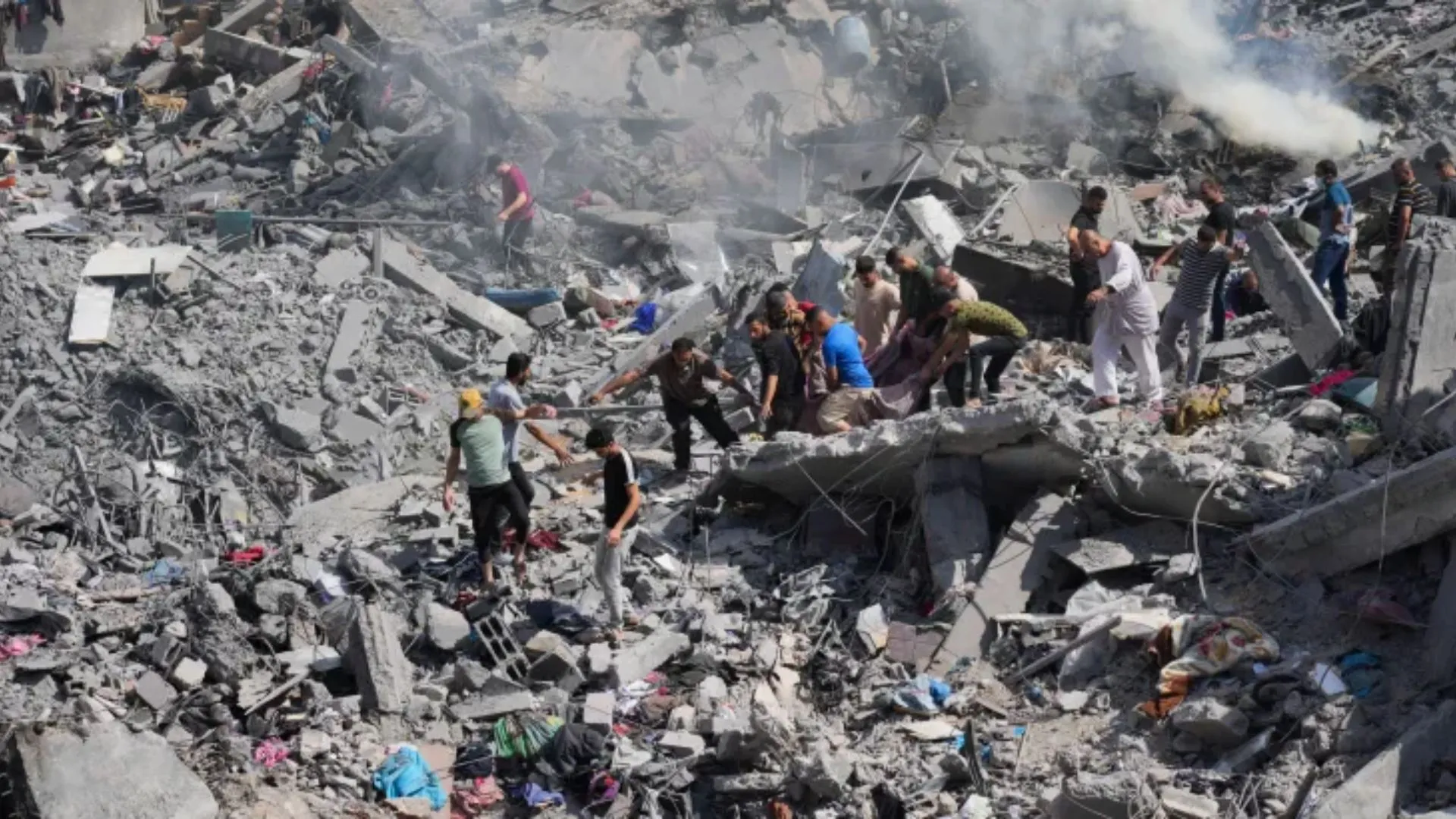Israel and Iran conflict 2025 escalated overnight after both nations sent new assaults, with casualties for civilians, injuring energy infrastructure, and making diplomatic negotiations fall through. The new bout of combat was sparked after Israel struck Iran’s key military and nuclear facilities.
Iran retaliated with several missile barrages that alerted air raid sirens and blasts around Jerusalem and Tel Aviv. Over 140 were injured, with increasing casualties, and key installations coming under attack, as the area prepares for a long-drawn-out conflict.
Missile Barrages Shake Israeli Cities
Iran started firing missiles about 11 pm local time on Saturday. Sirens sounded in Jerusalem and Haifa, forcing nearly a million Israelis into shelters. Shortly before 2:30 am Sunday, Israel sounded another shelter alert. Booms resounded throughout Tel Aviv and Jerusalem as interceptor systems illuminated the night sky.
At least seven were killed in overnight attacks. The victims were a 10-year-old boy and a woman in her early twenties. Rescue workers rescued many, but at least 35 are still missing.
Emergency crews combed through debris in cities such as Bat Yam, where a missile destroyed an 8-storey building.
Iran Suffers Heavy Damage, Suspends Nuclear Talks
Iran had 78 casualties in the first day of Israeli attacks. On the second day, a missile attack killed 60 people, including 29 children, when a 14-story building in Tehran was hit. Iran reported that Israel attacked the Shahran oil depot and an oil refinery outside the capital, as well as that the Iranian defense ministry incurred minor damage in another attack.
Tehran retaliated by freezing nuclear negotiations that would take place Sunday in Oman. Iranian Foreign Minister Abbas Araqchi described the Israeli attacks as “barbarous.” The United States, which had been urging the talks, threatened further attacks unless Iran scaled down its nuclear work.
Gas Field Fire Raises Global Alarm
In a sharp escalation, Israel bombed Iran’s South Pars gas field—the world’s largest. Iran half-suspended output after a fire erupted. Oil prices jumped 9% on Friday as there were concerns of supply disruption. Iran also threatened to shut off the Strait of Hormuz, a key oil route.
Regional Tensions Rise as Proxy Options Narrow
Israeli PM Benjamin Netanyahu threatened that Iran has only witnessed the beginning. He called on Iranians to revolt against their rulers. Tehran, on the other hand, threatened Israel’s friends that their bases would get attacked if they assist in the interception of Iranian missiles.
Iran’s regional proxies, however, are not strong. Hamas and Hezbollah—Tehran’s closest allies—have been dealt devastating blows in Gaza and Lebanon. Their limited scope limits Iran’s options for retaliation.
Diplomacy Dead, Danger Rising
The top Israeli human rights organization, B’Tselem, deplored Israel’s military offensive. It stated that the government opted for war instead of diplomacy. On the other hand, Israel maintains that the shelling is to stop Iran from developing a nuclear bomb. Tehran continues to assert that its nuclear program is peaceful. Nevertheless, another UN report accuses Iran of violating the non-proliferation treaty.
Without any negotiations in the offing and both sides digging in their heels, the Israel and Iran war 2025 can escalate to a regional conflict.

